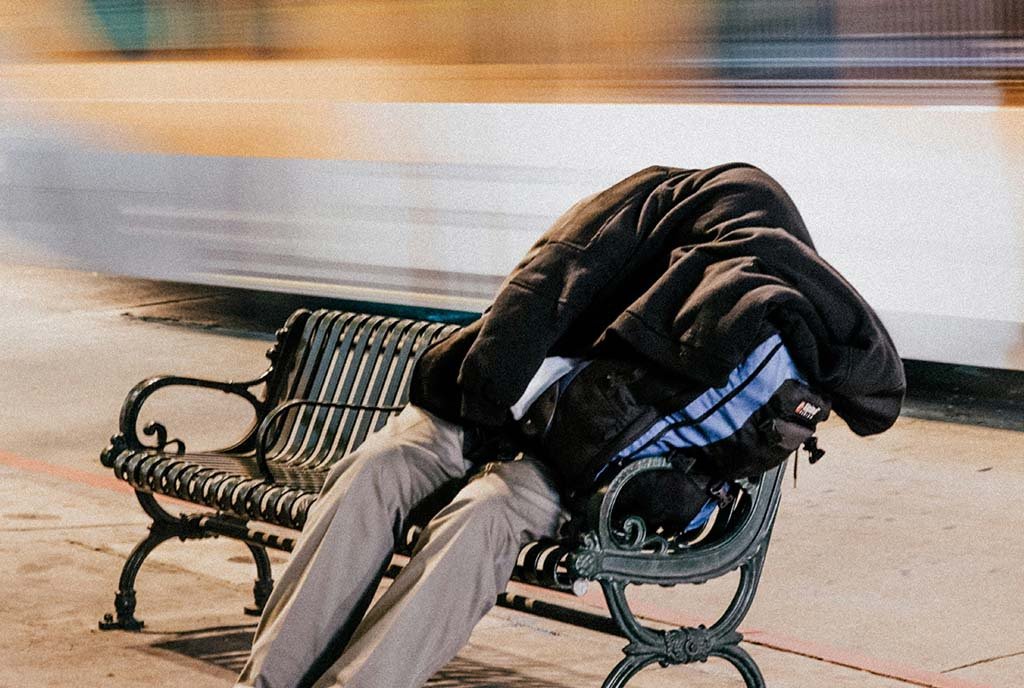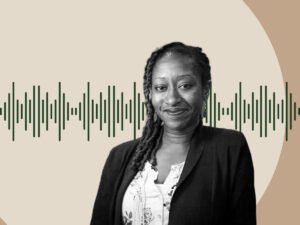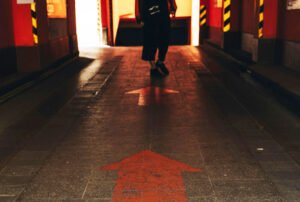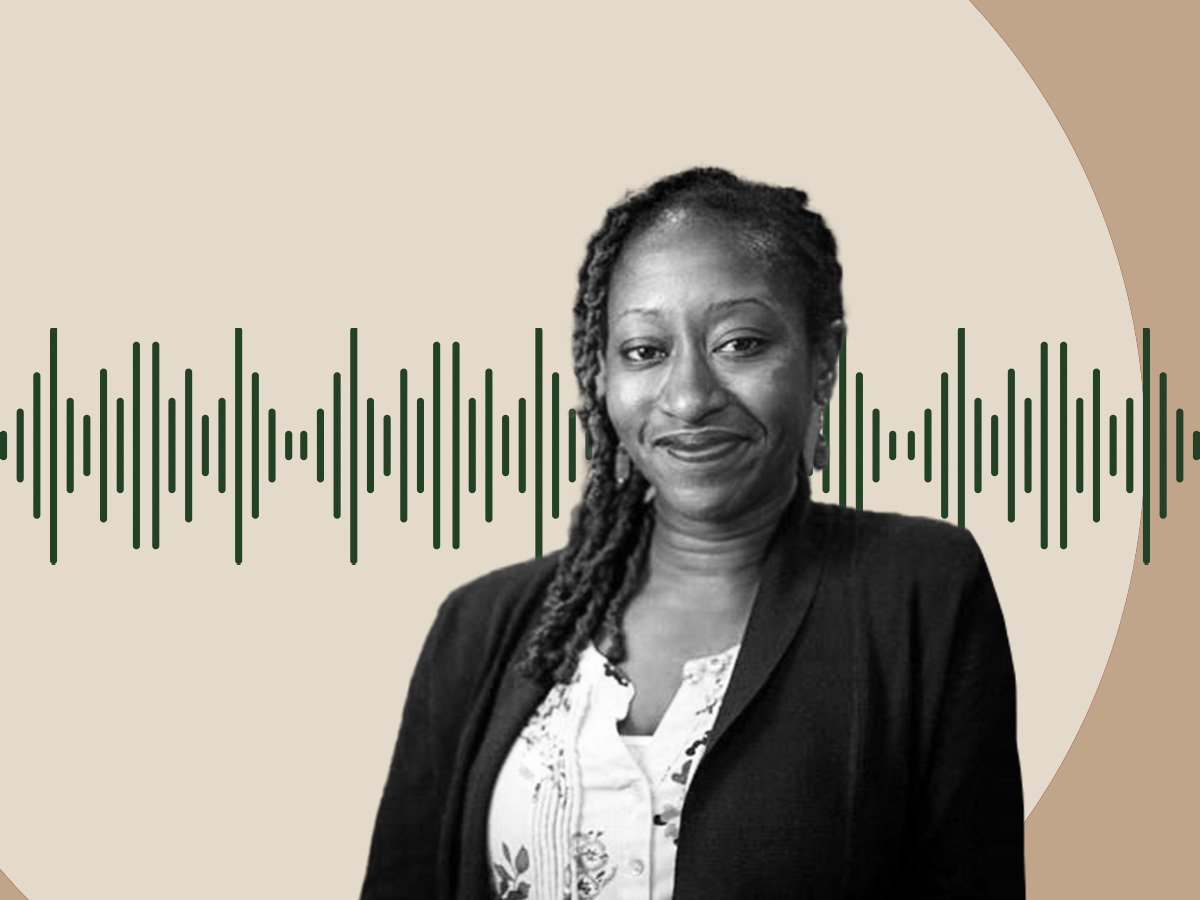
Across the country, it has become increasingly difficult for people to afford a place to live. Half of all renters now spend more than 30 percent of their income on rent and utilities, and nearly 600,000 people are homeless, unable to afford a place to live at all. Amid this growing housing crisis, just last month, the Supreme Court of the United States (SCOTUS) agreed to hear a case that could exacerbate the problem by criminalizing people who seek shelter in public places because they have nowhere else to go.
Half of all renters now spend more than 30 percent of their income on rent and utilities, and nearly 600,000 people are homeless.
Scheduled for April 2024, the case Grants Pass v. Johnson will determine whether a local government has the constitutional right to make it a crime for a person to live outside and unsheltered when no other option is available. The plaintiffs in the case are a group of people experiencing homelessness who believe that city restrictions against outdoor sleeping in Grants Pass, OR, violate the constitution’s clause against cruel and unusual movement.
The lead plaintiff in the case is Gloria Johnson, a woman who is involuntarily homeless because she cannot afford a place to stay and there are no adequate shelter options. She is prohibited from sleeping in her van in the city and has faced citations for camping in a park. In the over five years since unhoused people in the city issued their original legal complaint, the city has not built alternative shelters for them to use. The former lead plaintiff, Debra Blake, who accumulated thousands of dollars in fines after being convicted of illegal camping, has since died.
Homelessness is growing not because cities lack ways to punish people for being poor, but because a growing number of hard-working Americans are struggling to pay rent and make ends meet.”Although lower courts—including a federal judge and the Ninth Circuit Court of Appeals—previously ruled in favor of the unhoused people, finding that it is cruel and unusual punishment to prevent people from camping in public places when they have nowhere else to go, the case is currently before SCOTUS largely because of objections from political leaders like Gavin Newsom, the governor of California, who says that prior rulings make it harder for the state to clear up encampments. Even though California has invested billions to address the homelessness crisis, the state continues to have the largest unhoused population in the country—and the problem has worsened over the years. More than 180,000 people in California are unhoused, and more than two-thirds of those sleep on the street. Newsom says that encampments can create safety hazards, but the rising cost of housing has continued to push people onto the streets.
Meanwhile, attorneys for those representing people experiencing homelessness have said that they are not opposed to regulations of encampments but that banning them outright is unconstitutional. Ed Johnson, the lawyer for the unhoused Oregon residents, said that political officials need to take responsibility for years of failed policies that have exacerbated the homelessness crisis.
“Homelessness is growing not because cities lack ways to punish people for being poor, but because a growing number of hard-working Americans are struggling to pay rent and make ends meet,” the National Homelessness Law Center said in a statement shortly after the SCOTUS announced that it would hear the case.
An unhoused person is 11 times more likely to be arrested than a housed person.
The Impacts of the SCOTUS Hearing
Groups like the National Alliance to End Homelessness are planning to issue amicus briefs leading up to the hearing. In a statement, the group said that the Supreme Court’s decision to hear the case comes amid local, state, and federal efforts that threaten the civil rights and dignity of those experiencing homelessness.
Though the upcoming Supreme Court hearing primarily involves states in the West, it has also highlighted how the criminalization of homelessness is not isolated to a specific region. For months now, those experiencing homelessness in New York City and the Commonwealth of Massachusetts, both with similar forms of the “Right to Shelter” laws, have faced increasing scrutiny by politicians. As NPQ previously wrote, “The Right to Shelter is under attack in both states—threatened, as it were, with extinction.”
Sign up for our free newsletters
Subscribe to NPQ's newsletters to have our top stories delivered directly to your inbox.
By signing up, you agree to our privacy policy and terms of use, and to receive messages from NPQ and our partners.
A Southern Poverty Law Center report indicates that across the country, recent bills introduced in state legislatures encourage punitive policies like jail time for those seeking shelter in public places. The report goes on to state that those experiencing homelessness are already disproportionately likely to be incarcerated—a 2019 report from the National Homelessness Law Center found that, across the country, an unhoused person is 11 times more likely to be arrested than a housed person.
The criminalization of homeless people has caused the United Nations Human Rights Committee (UNHRC) to raise concerns. In a report following its 2023 review of the United States’ compliance with the International Covenant on Civil and Political Rights, the committee called upon the United States to abolish laws and policies criminalizing homelessness at all levels and adopt legislative and other measures that protect the human rights of all people.
The UNHRC went on to call for the United States to offer financial and legal incentives to decriminalize homelessness, intensify efforts to find solutions for homelessness according to human rights standards and review criminal records policies and practices that can lead to homelessness.
Unfortunately, policymakers and other leaders across the country have not heeded the call. Though advocacy groups continue to push for more humane, progressive approaches to homelessness, the SCOTUS hearing in April could grant cities and states more power, which places the unhoused population in an even more precarious situation—one where laws could make it even more difficult to find safe shelter.












